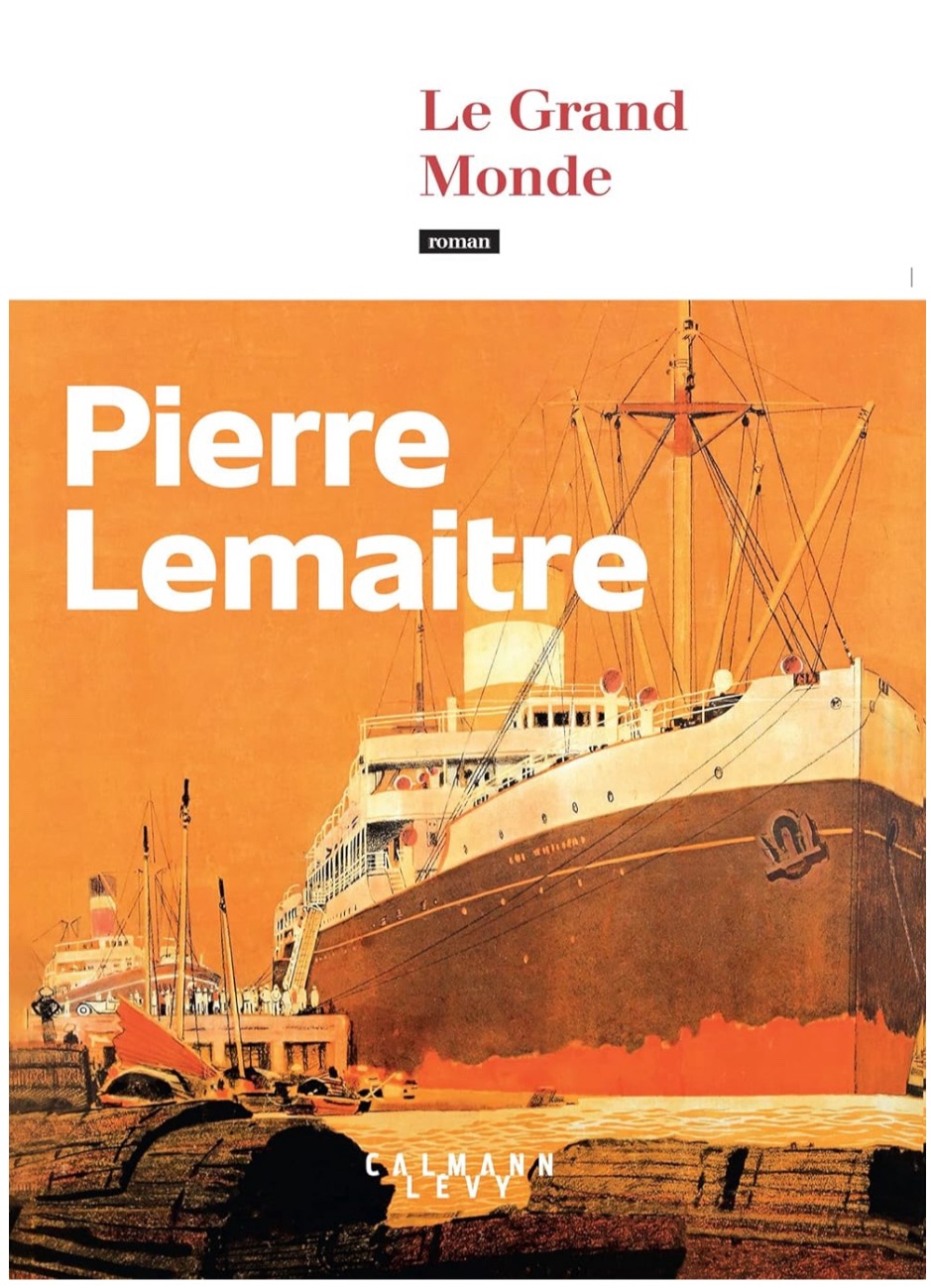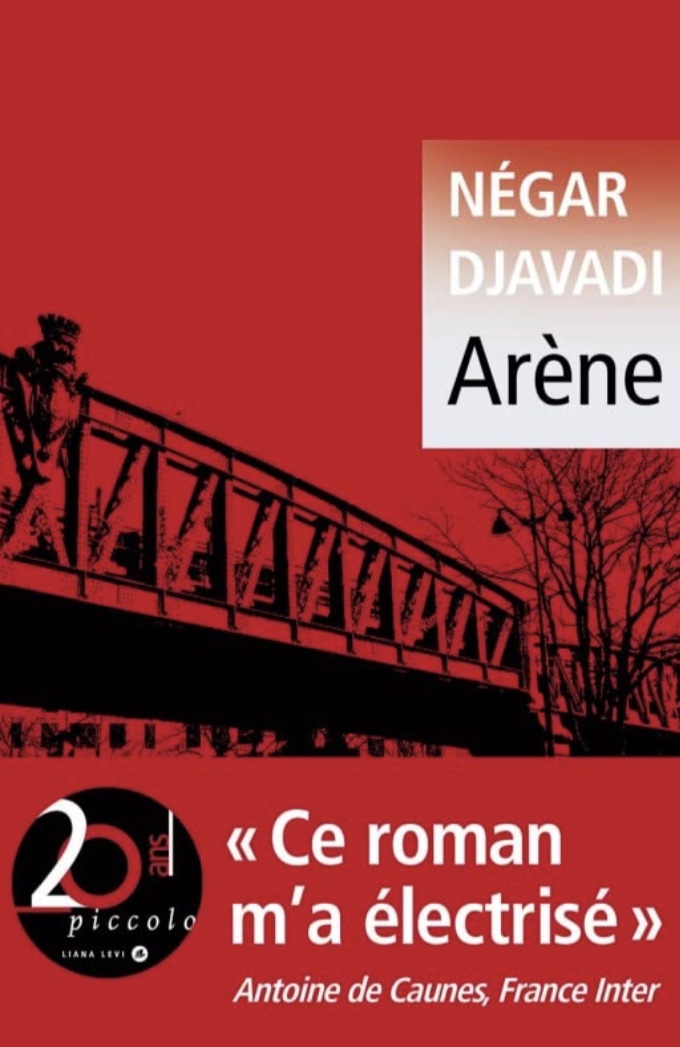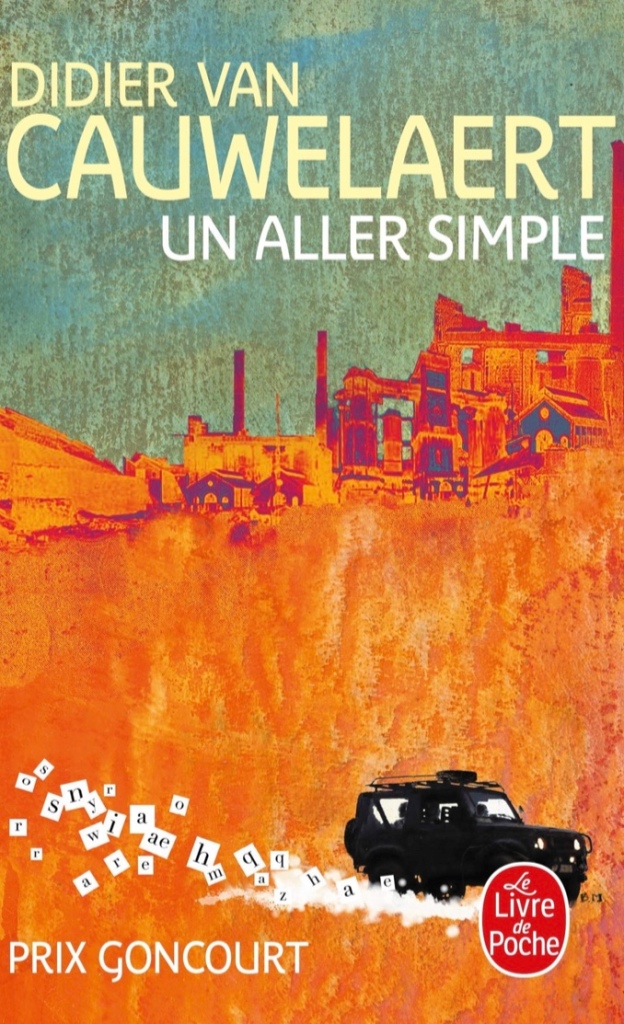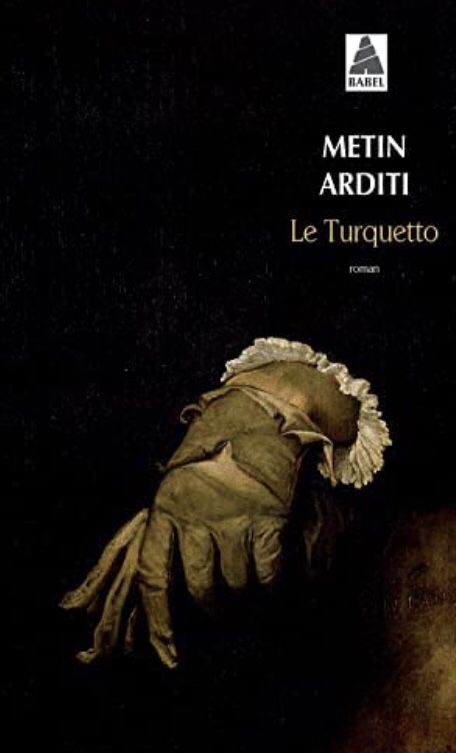
—I managed the not insignificant task of persuading the digital giants to pay for a part of the personal data created by our youth, promising them ever more big data… which has allowed me to offer our youth a universal revenue, maybe symbolic, but offering them some security, without dissuading them from working.***
Marc Dugain takes us to the Élysée Palace in a diary written by a young, vibrant President who had made a fortune in the private sector and came from outside of the traditional party system, anyone see any parallels? We follow day to day crises in a system where all important decisions are actually taken by one man who, in return is actually responsible for every short coming in the public’s mind.
The president had amongst other things, picked up a coke habit during the election rollercoaster with his supplier, the girlfriend of his personal assistant, having been stopped by the police, no one having yet officially joined the dots. Engaged a surrogate mother to give he and his wife a child, the wife having just left him for his business partner. He is the blackmailed by Putin who wants to control, through him, France.
In their company to a digital giant in the USA, He was able to make some useful connections, never underestimating their voracious hunger.
During the sale to the digital giants, I was able to mix with a high society that you can’t see from the outside. We were able to create links as you can in the USA. Appointments agreed in haste which dissolve when the relationship no longer promises an advantage as if the human being hidden behind his company no longer exists, or more precisely as though the human being exists solely to do business. I returned to see my contacts once my decision had been taken to candidate for the presidency. They welcomed the news with an enthusiasm proportional to their projected gains.***
When he finally decided to run for president he was, as explained in the opening quote, able to harness his new friends to win the youth vote.
We get a feeling for the delicate state of French democracy, here’s hoping that his vision hasn’t underestimated the real thing now just before the elections after Macron has dissolved parliament.
To set an example in a period of “energy sobriety” –to quote the previous government–, I insist that all officials should make the trip in a single TGV, reserved for the occasion. Symbolically I created a bereavement train, the bereavement for a democracy we thought calmed, nut which turns out to be so less and less each year.***
And the Tsunami? I guess you’ll just have to read the book.
First published in French by Albin Michel in 2023 as ‘Tsunami’
*** my translation
The quotes as read in French before translation
À l’occasion de cette vente aux géants du digital, j’ai eu l’occasion de fréquenter une haute société qu’on ne voit pas de l’extérieur. Nous avons créé des liens comme on en crée aux États Unis. Des affectations précipitées qui s’effacent dès que vous n’avez plus de relations d’intérêt, comme si l’être humain dissimulait derrière l’entreprise n’existait pas, ou plus précisément comme si l’être humain n’existait que pour l’entrepreneur. Je suis donc retourné voir mes interlocuteurs, une fois ma décision prise de me présenter à la présidentielle. Ils ont accueilli la nouvelle avec un enthousiasme proportionné à leur espérance de gain.
“Pour donner l’exemple dans un période dite de « sobriété énergétique » – dixit le précédent gouvernement–, j’impose à tous les officiels de se déplacer dans un seul TGV, réservé pour l’occasion. J’en ai fait symboliquement un train de deuil, le deuil d’une démocratie qu’on pensait apaisée, mais qui se révèle l’être de moins en moins d’année en année.
J’ai réussi le tour de force de convaincre les géants du numérique de rémunérer une partie des données émises par les jeunes en leur permettant toujours plus de big data….Ce qui me permet de proposer aux jeunes un revenu universel, même symbolique, qui les sécurise sans les dissuader de travailler.






 mother had bought a red plastic table, that was on sale, for the kitchen but we only had one chair. Charles had come across a flowery matress in the street that we used as a sofa on which we ate our breakfast on rainy days.***
mother had bought a red plastic table, that was on sale, for the kitchen but we only had one chair. Charles had come across a flowery matress in the street that we used as a sofa on which we ate our breakfast on rainy days.*** not a single hotel owner in search of adventure, not a single person to pave the way, no one…..The Cao Bang Mining Company was created in 1905; and in order to function only needed a few european engineers and foremen, that’s all, and a military outpost to protect themselves.***
not a single hotel owner in search of adventure, not a single person to pave the way, no one…..The Cao Bang Mining Company was created in 1905; and in order to function only needed a few european engineers and foremen, that’s all, and a military outpost to protect themselves.***